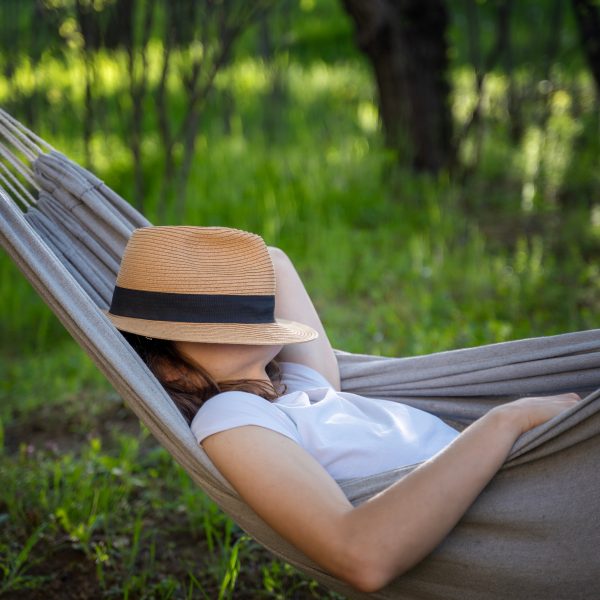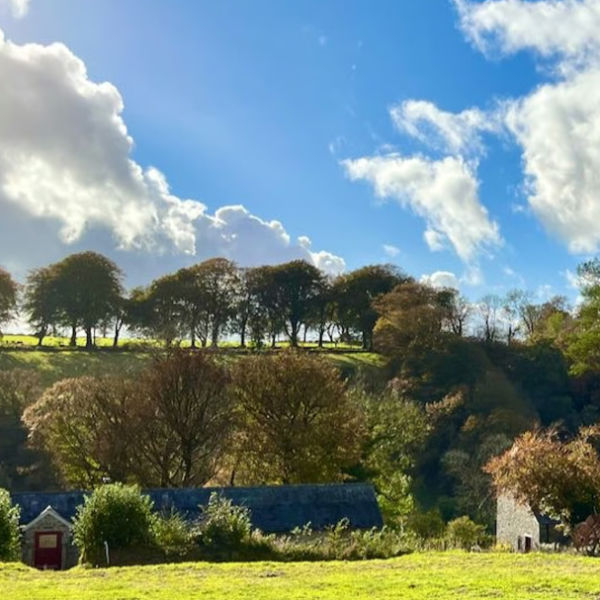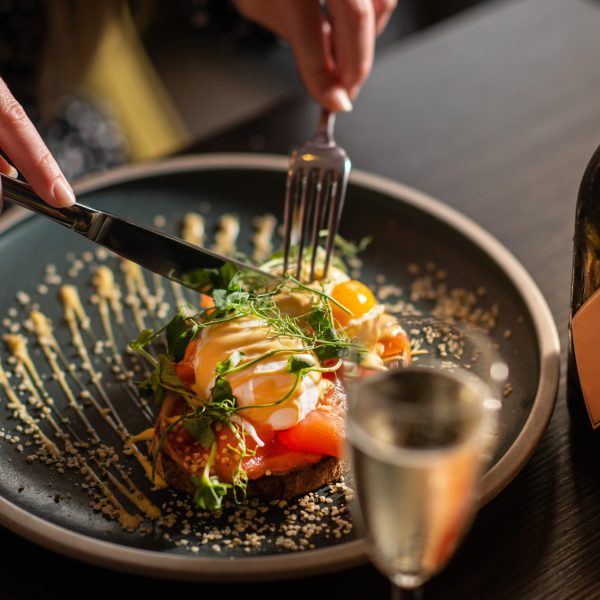Sustainability certification that works for your business
Take the GreenCheck™ Quiz
Is your business ready for a Green Tourism Certification? Take just 10 minutes to answer a few questions linked to our goals of People, Places and Planet and get an instant result.
Review it. Action it. Evidence it.
Learn how to run a more sustainable business
We provide expert advice and manageable actions for tourism and hospitality businesses to achieve sustainability certification. It lets your customers know your business is invested in a healthy future and we’re working with hundreds of incredible businesses, who are supported by our expert guidance and stress-free framework.
With clear and practical actions, you’ll instantly see how to run a more sustainable business, embrace the circular economy, embed Environmental, Social and Governance (ESG) solutions and implement measures to reduce your carbon footprint. You’re probably already doing more than you realise.
The benefits of our sustainability certifications
Practical actions
Simple to understand framework designed by sustainability experts specifically for hospitality and tourism businesses.
Competitive advantage
25+ yrs experience of best practise making it a trusted industry benchmark.
Enhanced reputation
Three levels to recognise all achievements and progress on your green journey.
Positive impact
Criteria and actions tailored to be relevant and appropriate for your business, customers, and local community.
Expert guidance
Qualified sustainability advisors providing expert help and support.
Continuous improvement
Easy to use, access in your own time, online process, evidence, and actions stored for review at your assessment.

Caring for people, places and our planet
Under each of our 15 Sustainability Goals we have identified relevant criteria and actions that are appropriate to your business.
You need to provide evidence of actions taken to achieve either a Gold (80%+), Silver (65%+), or Bronze (40%+).

The certification process
You’ll be joining over 2,800 members in 30 countries making the greatest efforts to build sustainable tourism and hospitality businesses. And your customers will thank you.
Easy to access online process to review the criteria, record your actions, upload evidence, and get ready for your assessment.
Your evidence is verified by our expert assessors, every action is scored and presented as an overall percentage of achievement.
GOLD
Over 80% actions in place with strong sustainability ethos, excellent examples of continuous improvement in best practice across all goals.
SILVER
Over 65% actions in place with good sustainability practices across majority of the goals and can demonstrate continuous improvement
BRONZE
Over 40% actions in place with good sustainability practices across a number of the goals and a commitment to continuous improvement
Easy to use, access in your own time, online process, evidence, and actions stored for review at your assessment.
You will need to be reassessed at least once every three years to maintain your certification and we will contact you well in advance.
Green Tourism certification
Global programme making a difference for over 25 years and recognised by Travalyst
Green Tourism certification has been designed and managed by qualified and experienced sustainability experts who understand the challenges of tourism and hospitality businesses. Our practical framework provides actions to help your business make positive impacts and cost savings, enhance your reputation, and gain a competitive advantage.

Green Meetings Certification
Benchmark the sustainability of your events
Are you an event venue or provider, serious and excited about proving your commitment to sustainable hospitality? The Green Meetings certification shows everyone that you have strong sustainability operations in place. Our online process gives you easy to measure actions around sustainable goals that have been tailored to be relevant to meetings and events. Don’t waste the opportunity to showcase your credentials.

Together, we make progress
It’s a pleasure to support businesses who are passionate and committed to their sustainability journey.
Green Business Directory.
Browse a full list of our Award Holders. This is a listing of all Green Tourism certified businesses. All assessments are valid for three years.

What our customers say
Green Tourism certification is acknowledged worldwide as an indicator of good sustainability practice and a hallmark of quality assessment.




































